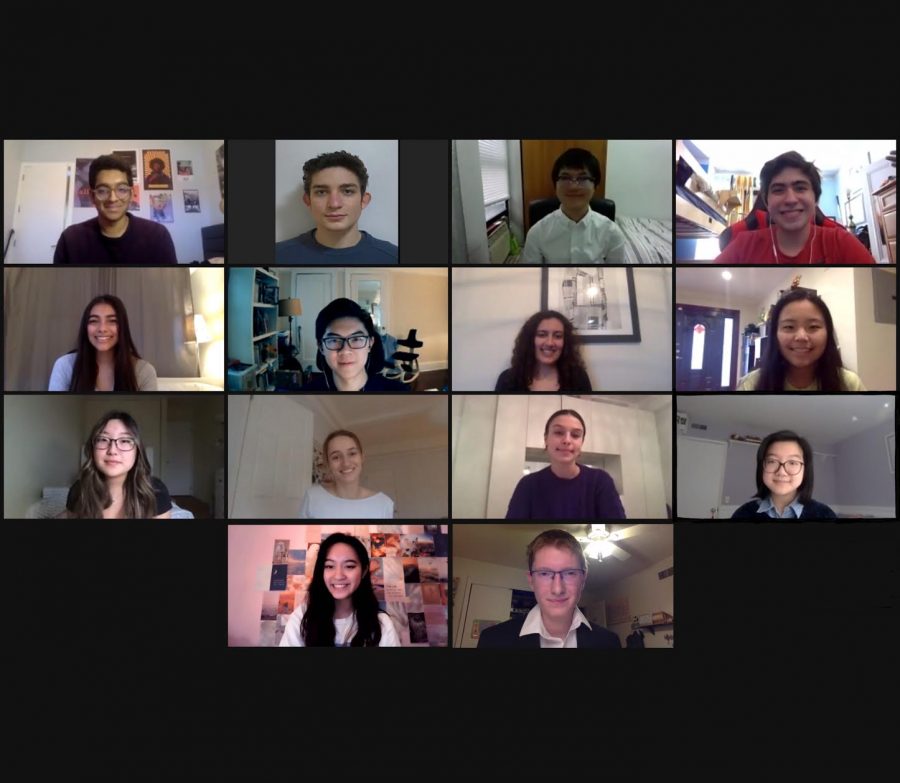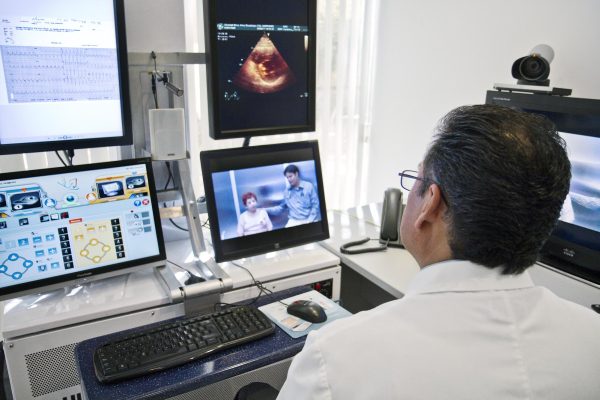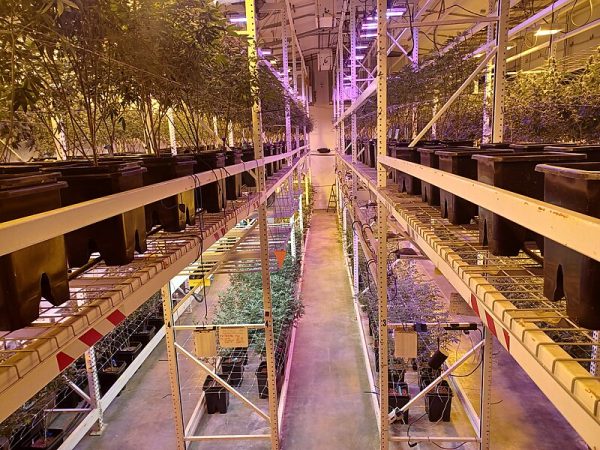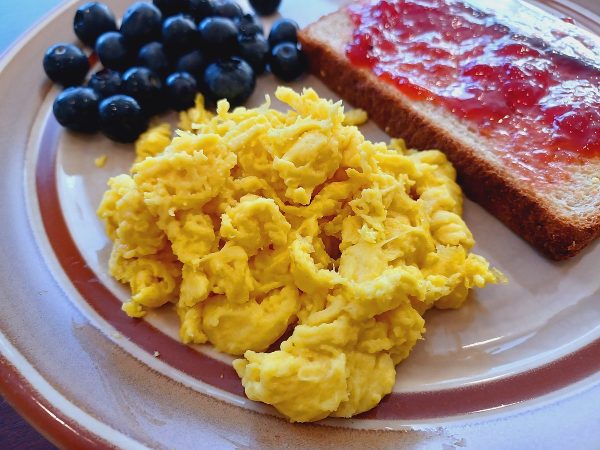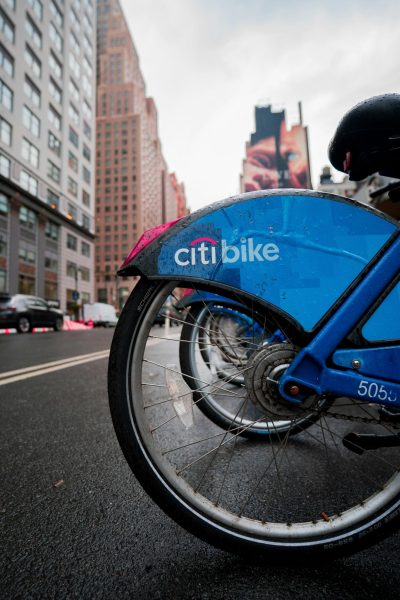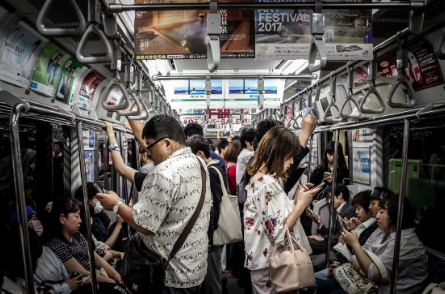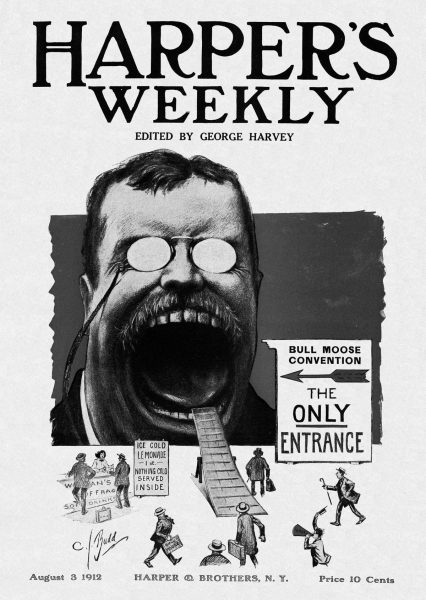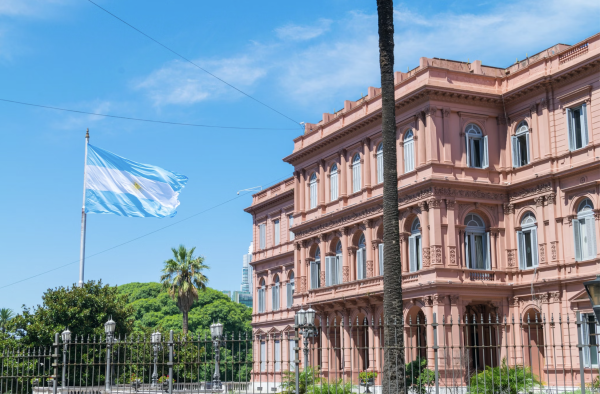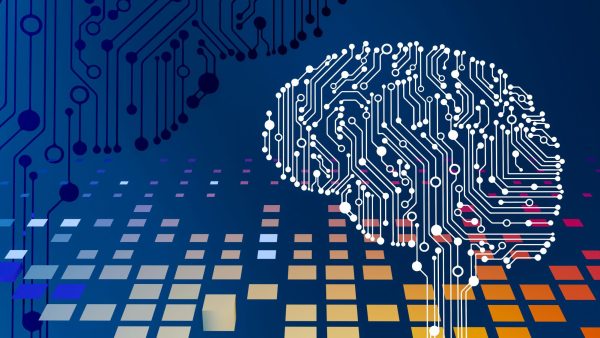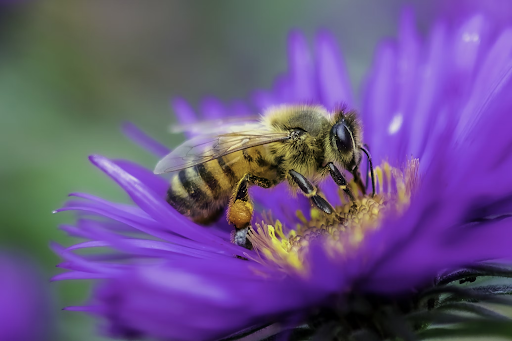Regeneron Announces Noah Getz ’21 As Second Place Winner, Along With Fourteen Scholars for 2021, in the 80th Regeneron Science Talent Search Competition!
Despite the Coronavirus pandemic, Bronx Science is able to honor 14 Regeneron Scholars from the nation’s oldest and most prestigious science and mathematics competition. Also, Bronx Science is pleased to announce that Noah Getz ’21 is the 2nd Place Winner in the 80th Regeneron Science Talent Search!
Here are our Regeneron semifinalists from left to right, top to bottom: Arjun Mazumdar ’21, Noah Getz ’21, Eric Chen ’21, Alexander Chasteen ’21, Maya Chari ’21, Benjamin Chan ’21, Raiya Dhalwala ’21, Julie Lin ’21, Katelyn Lee ’21, Clara Barschdorff ’21, Aerin Mann ’21, Kelly Liu ’21, Allison Pascual ’21 and Michael Batavia ’21.
Since all New York City public high schools closed for in person learning due to the Coronavirus pandemic in March of 2020, and were also closed for much of the Fall 2020 semester, several of our Class of 2021 seniors faced another obstacle on top of adjusting their lives in respect to the ongoing pandemic — meeting the annual Regeneron Science Talent Search deadlines amidst lab closures. In addition to these challenges, college applications are stressful in a normal year, but these seniors accomplished a goal they have strived for since the tenth grade, on top of their COVID-19 college application season. With fourteen semi-finalists announced for 2021, Bronx Science has produced the greatest number of Regeneron Scholars from 611 high schools — across 45 states, Washington, D.C., Puerto Rico, and ten countries — for the fourth year in a row, accounting for 4.67% of all the 300 semi-finalists.
And on March 17th, 2021, Regeneron put out a press release which noted that Bronx Science’s Noah Getz ’21 is the 2nd Place Winner in the 80th Regeneron Science Talent Search!
The press release notes, “Second place and $175,000 went to Noah Getz, 17, of New York, New York, for his research where he adjusted the way computer models identify promising pharmaceutical compounds, which could make the discovery of new drugs faster and less expensive. Noah’s method treats classification as an information retrieval task, similar to the ranking results from a browser search. When he tested his model, it identified two drugs that might dramatically reduce the levels of an inflammation marker implicated in both Alzheimer’s disease and COVID-19.”
Let us take this time to congratulate Regeneron’s Top 300 Scholars from Bronx Science: Clara Barschdorff ’21, Michael Batavia ’21, Benjamin Chan ’21, Maya Chari ’21, Alexander Chasteen ’21, Eric Chen ’21, Raiya Dhalwala ’21, Katelyn Lee ’21, Julie Lin ’21, Kelly Liu ’21, Aerin Mann ’21, Arjun Mazumdar ’21, and Allison Pascual ’21; and Noah Getz ’21, who made it through several rounds of the competition, first as a Scholar, then as a Finalist, and now as the 2nd Place Winner in the 80th Regeneron Science Talent Search!
Founded by journalist Edward W. Scripps and zoologist William Emerson Ritter in 1942, the co-founders of the Society for Science & the Public, the Regeneron Talent Science Search was launched with the vision of recognizing intelligent high school students who could tackle critical world issues through research. For almost eighty years, the Regeneron Science Talent Search has allowed Bronx Science students to further their studies in math, biology, physical science, or social science outside of the classroom alongside notable mentors in prestigious labs.
Despite having limited resources and opportunities to test their experiments due to the Coronavirus pandemic, our scholars completed their research by covering a wide range of topics that attacked critical matters, ones as urgent as climate change, racial disparities, and health-related issues. For semifinalist Aerin Mann, this “attack” consisted of projecting a realistic solution that can be enacted to combat the division that our country currently faces concerning climate change. Although this may be an obvious answer, Mann realized the only way society can combat climatic issues is to reform public opinion regarding climate change and to elect politicians who will support solutions, which she learned after examining conversations people had on Twitter for a year.
Maya Chari focused on another critical social science topic that was inspired by the events that occurred during quarantine, from the murder of George Floyd and countless other innocent Black civilians, to the police violence against BLM protestors this past Spring, and most recently, the riot at the Capitol. Chari explicitly identified the causes of racial disparities in homicide rates in the hopes of creating a society with an unbiased and more just method of police reform. She concluded that community-police relations were one of the most influential factors in determining a given neighborhood’s violence rates.
The research program at Bronx Science is specifically designed for students to start their studies during their sophomore year, as the research requires physical guidance from mentors. Despite the defined structure of the program, our semi-finalists who focused on science and especially needed the lab and in-person guidance, did not let their current situation of remote learning hinder them. As a solution, many of the students turned to computational data and met virtually with their mentors.
For example, Michael Batavia researched the early pre-diagnosis of breast cancer after he was informed of how breast cancer is the second most deadly cancer in women. By communicating with his mentor through email and with the mentor’s graduate students through Zoom, Batavia was successfully able to detect whether a given tumor in these areas was benign or malignant with an 89% accuracy rate, so patients could start immediate treatment.
This was also the situation for the 2nd Place Winner in the 80th Regeneron Science Talent Search, Noah Getz. Noah discovered how the traditional use of machine learning of having models classify every compound as either effective or ineffective, can be trained much more successfully if the compounds were instead ranked from most to least effective. This finding was then applied to predict the compounds that would best reduce levels of an inflammation marker implicated in Alzheimer’s Disease and COVID-19. He was especially compelled to research this during this period as many of us are home waiting for the Coronavirus vaccine to become available to teenagers, so that we can all go back to our normal lives. “I hope my research will be the foundation to making machine learning more accessible to drug discovery labs to allow them to speed up the process,” said Getz. Like others, Getz was downhearted that he was not able to test any of the compounds in a physical lab and instead had to do all of the computational work from his laptop. Nonetheless, with the additional provision given as a finalist, he hopes his data will show significant associations as it will save millions of lives in the future.
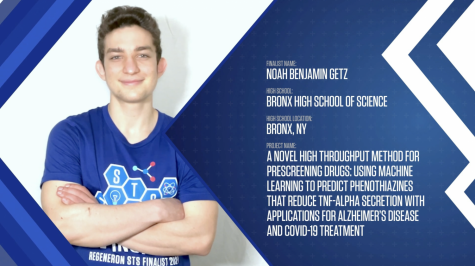
While interviewing all of the Regeneron Scholars for this article, I noticed a common theme. They mentioned how grateful they were for their recognition in the Regeneron Science Talent Search, and they acknowledged that this was just the beginning for them in terms of research. They all wish to continue studying their respective fields in college and graduate school, in order to foster positive change in the future.
“I hope my research will be the foundation to making machine learning more accessible to drug discovery labs to allow them to speed up the process,” said Noah Getz ’21, the 2nd Place Winner in the 80th Regeneron Science Talent Search.
Darlene Park is an Arts and Entertainment Editor for ‘The Science Survey.’ As an Arts and Entertainment Editor, she edits articles covering various...

